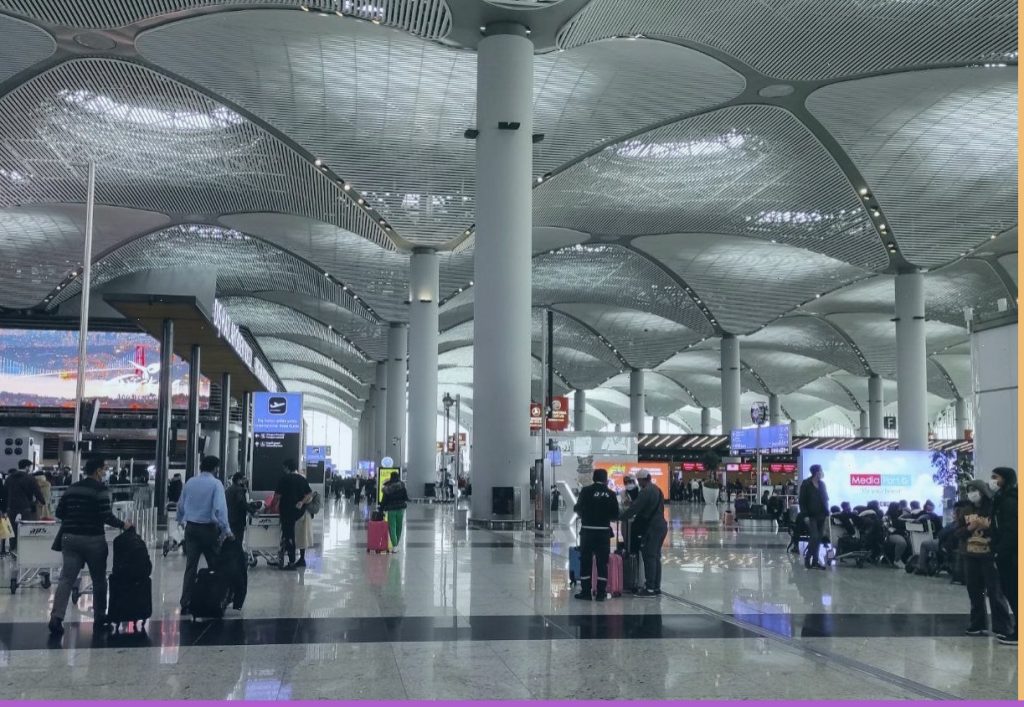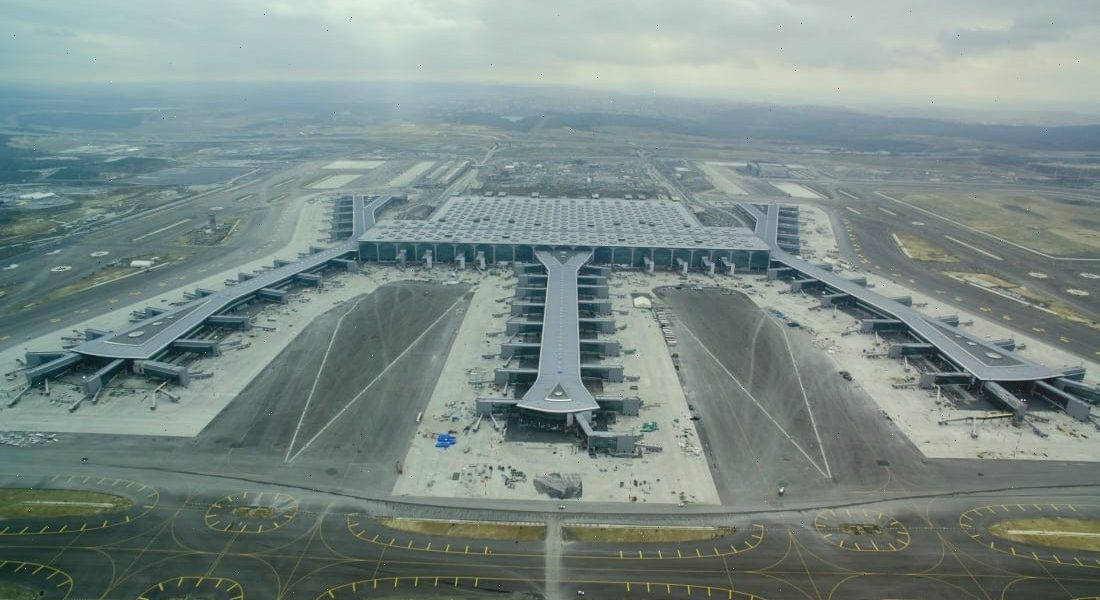International Airport Istanbul, strategically positioned at the crossroads of Europe and Asia, isn’t just a hub for air travel; it’s a symbol of connectivity and innovation in the aviation industry. Its advanced facilities and comprehensive services make it an essential gateway for international travelers, serving millions of passengers with a commitment to efficiency and world-class hospitality.
Historical Background
The conception of Istanbul International Airport was driven by the need to accommodate growing international travel demands and to boost Turkey’s strategic importance in global aviation. Officially opening its doors in 2018, the airport rapidly gained recognition for its expansive capacity and technological sophistication. Significant milestones include:
- 2018: Opening the main terminal immediately positioned it among the world’s largest airports.
- 2019: Achieved a milestone of handling 50 million passengers within its first year.
- 2020: Expanded cargo handling facilities to become a crucial node for global logistics during the COVID-19 pandemic.
Design and Architecture
Aesthetic and Functional Design
The airport’s design reflects a blend of modernity and cultural heritage, featuring motifs inspired by Istanbul’s rich history and landscape. The terminal’s ceiling is adorned with designs that mimic the Bosphorus Strait, while the spacious interiors are filled with daylight, easing travel stress with natural elements.

Environmental Considerations
Sustainability is a core aspect of the airport’s architectural strategy. High-efficiency lighting, rainwater harvesting systems, and extensive green spaces around the airport are a testament to its commitment to environmental stewardship. This commitment ensures that the airport’s growth is not at the expense of the environment, providing a reassurance to the audience about its sustainable practices.
Facilities and Services
Istanbul International Airport offers a wide range of facilities designed to cater to the needs of its diverse passenger base. These include:
- Lounges: Separate lounges for first, business, and economy-class travelers, each tailored to provide luxurious comfort.
- Shopping and Dining: Over 300 retail stores and 150 restaurants featuring global brands and local Turkish specialties.
- Family Facilities: Dedicated play areas, nursing rooms, and family-friendly amenities ensure a comfortable experience for passengers with children.
Special Services
The airport is renowned for its exceptional services, such as the YOTELAIR hotel in the transit area, which offers both premium and economy cabins, and the Istanbul Airport Museum, which hosts exhibits from various eras of Turkish history.
Technological Innovations
Automation and Efficiency
To streamline operations and enhance passenger experiences, Istanbul International Airport has implemented several technological advancements:
- Biometric Scanning: Facial recognition technology to speed up the check-in and boarding processes.
- Automated Baggage Systems: One of the world’s largest and most advanced automated baggage handling systems, capable of handling 30,000 bags per hour.
Smart Airport Features
The airport utilizes a comprehensive array of smart technologies, including AI-driven security systems and a mobile app that provides real-time flight updates, terminal navigation, and multilingual support.
For departure and arrival schedules, please visit https://istanbul-ist-international-airport.com. This portal also provides details of available transportation from and to the airport, parking, and other useful information.
Economic and Cultural Impact
The airport is a significant regional economic engine, contributing billions to the local economy through direct and indirect employment, tourism, and enhanced commercial activities.
As a gateway to Turkey, the airport is pivotal in promoting Turkish culture. The architectural elements, hospitality offerings, and cultural exhibitions are designed to give travelers a memorable introduction to the country’s heritage.
Future Developments
Expansion Plans
The next phase of expansion includes:
- Terminal 2: Scheduled for completion by 2025, this will increase the airport’s capacity to handle over 100 million passengers annually.
- Third Runway: Aimed to reduce air traffic congestion and improve overall flight efficiency.
Passenger Traffic and Operations Data
| Year | Passenger Traffic (millions) | Flight Operations (annual) |
|---|---|---|
| 2018 | 15 | 100,000 |
| 2019 | 65 | 480,000 |
| 2020 | 35 | 310,000 |
| 2021 | 50 | 400,000 |
| 2022 | 75 | 550,000 |
Conclusion
Istanbul International Airport is more than just a travel hub; it’s a significant landmark in global aviation, a showcase of Turkish culture, and a forward-looking institution embracing technological and architectural innovation. As it continues to expand and evolve, it promises to remain at the forefront of connecting the East to the West, serving as a dynamic gateway for millions of travelers.





